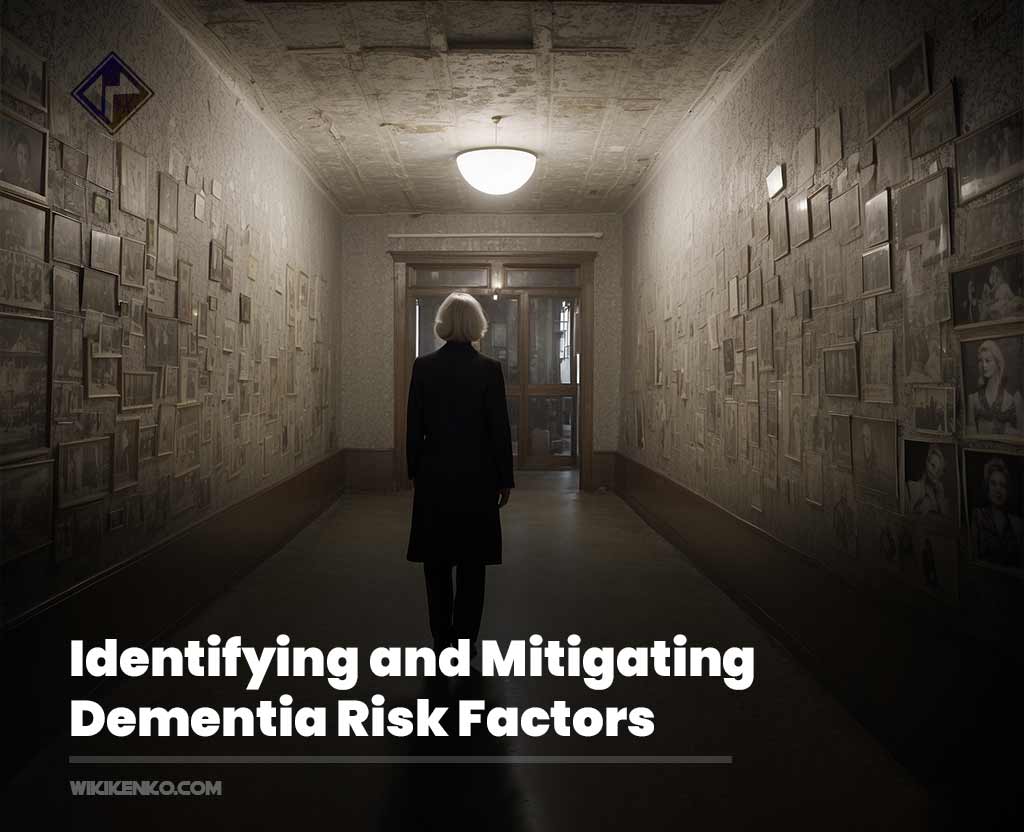|
Getting your Trinity Audio player ready...
|
As the prevalence of Alzheimer’s disease continues to rise, understanding the modifiable risk factors becomes paramount. Many elements contributing to dementia, especially Alzheimer’s, are intertwined with lifestyle choices. Researchers continually uncover new insights beyond well-known factors like obesity and hypertension, revealing a host of avoidable dangers.
Once dementia, particularly Alzheimer’s, sets in, the progression can only be delayed, not halted or cured. Therefore, it becomes crucial to recognize and, where possible, eliminate the risk factors associated with cognitive decline.
Research has unveiled several factors that can contribute to dementia. Below, we provide an overview of the key levers in this complex landscape.
Demystifying Dementia
While no single risk factor alone is responsible for cognitive decline, researchers believe that by addressing multiple factors, the overall risk of developing dementia can be minimized. Anja Schneider, Head of the Translational Dementia Research Group at the German Center for Neurodegenerative Diseases (DZNE), emphasizes, “Many factors go hand in hand and influence each other.”
For some factors, it’s not even clear whether they act as risk factors or early symptoms of the disease. Depression in old age is an example; certain antidepressants may even delay the onset of Alzheimer’s, according to Schneider.
Unmodifiable Factors
Certain factors, such as age, gender, and genetic predisposition, remain beyond our control. After the age of 60, the frequency of dementia doubles every five years. Women are more susceptible than men, and specific genetic variations, like ApoE4, increase the likelihood of Alzheimer’s.
Seven Modifiable Risk Factors for Dementia
Approximately 30% of the risk of Alzheimer’s can be attributed to seven modifiable risk factors, according to dementia researcher Miia Kivipelto from the Karolinska Institute in Stockholm. These factors include:
- Diabetes
- Hypertension
- Obesity
- Lack of Physical Activity
- Smoking
- Low Education
- Depression
Anja Schneider suggests adding poor hearing to the list, highlighting its link to social isolation, potentially leading to depression. Addressing hearing issues with devices like hearing aids could easily mitigate this risk factor.
Five Newly Discovered Risk Factors for Dementia
Observational studies have identified additional risk factors:
- Small Vessel Disease: Bleeding in small brain vessels visible through MRI may indicate a heightened risk for cognitive impairment in hypertensive patients.
- Psychological Stress in Midlife: Financial and professional problems in midlife can increase the risk of dementia by around 25%.
- Living Alone in Old Age: Individuals living alone and feeling lonely face a 44% higher risk of dementia.
- Reduced REM Sleep: Shortened REM or dream sleep phases are linked to increased Alzheimer’s risk.
- Sugary Drinks: High consumption is associated with a 50% increased Alzheimer’s rate, although it’s often indicative of an overall unhealthy lifestyle.
Early Signs of Dementia
Recognizing early signs of dementia is crucial for timely intervention. Medical professionals identify these indicators:
- Forgetting appointments increasingly
- Difficulty following conversations with multiple participants
- Inability to recall recent conversation content while retaining older memories
- Difficulty navigating familiar spaces
- Forgetfulness about intended actions in a specific location
- Struggling with multi-step meal preparation
- Repeating sections while reading and reduced concentration
- Increased absent-mindedness and negligence
- More frequent difficulty finding the right words
Understanding and addressing these risk factors provide a proactive approach to preserving cognitive health and preventing the onset of dementia. Regular health check-ups, a healthy lifestyle, and early intervention for identified risk factors can significantly contribute to brain health as individuals age.





